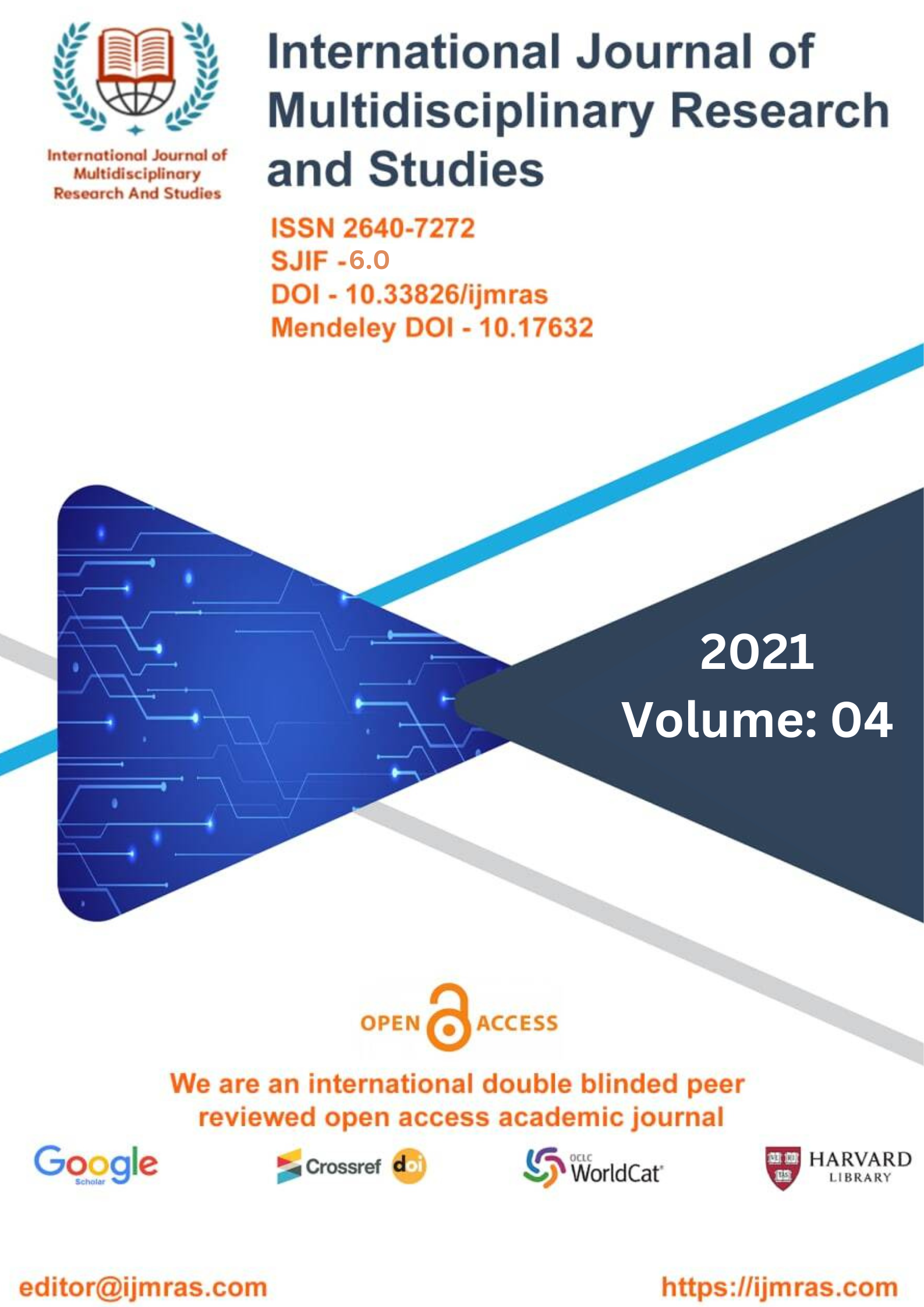Study on shashi tharoor’s fiction and politics

Abstract
Shashi Tharoor is an Indian former international civil servant, diplomat, bureaucrat, and politician, as well as a writer and public intellectual. He was born on March 9, 1956 in London, England, and he has been serving as the Member of Parliament for the constituency of Thiruvananthapuram in the state of Kerala since 2009. He is the current head of the Standing Committee on Chemicals and Fertilizers, where he has served for many years. Formerly holding the position of Under-Secretary General of the United Nations, he attempted to run for the position of Secretary-General in 2006 but was ultimately unsuccessful. He was once the Chairman of both the Parliamentary Standing Committee on External Affairs and the Parliamentary Standing Committee on Informational Technology before becoming the Founder-Chairman of the All India Professionals Congress. Tharoor was born in London, United Kingdom, but he spent his childhood in India. He received his undergraduate degree from St. Stephen's College in Delhi in 1975 and his doctorate in International Relations and Affairs from the Fletcher School of Law and Diplomacy at Tufts University in 1978. Tharoor worked all over the world after completing his education. He received this honor from the Fletcher School when he was just 22 years old, making him the youngest person to ever do so at the time. Tharoor worked as an official with the United Nations from 1978 to 2007, during which time he rose through the ranks to become the Under-Secretary General for Communications and Public Information in 2001. After coming in second place in the election for U.N. Secretary-General in 2006 to Ban Ki-moon, he made the decision to resign and announced his decision.
Keywords
Public Information, Parliamentary Standing Committee, Informational technology.How to Cite
References
Abrams, M.H. A Glossary of Literary Terms. 7 ed. Bangalore: Heinle, 1999. Alexander, Horace.
Gandhi Through Western Eyes. Bombay: Jayasinghe. 1969. Anand, T.S., ed. Contemporary Indian Writing in English: critical perceptions.
New Delhi: Surup and Sons, 2005. 220-37 Bhalla, Alok. Partition Dialoges. New Delhi: Oxford. 2006. Bhatnagar, Manmohan, K.
"Indian English Literature- Its Rationale and A Critical Introduction." Indian Writing in English. Ed. M.K. Bhatnagar. Vol. 1. New Delhi: Atlantic Publisher, 2001. 1-11.9 vols.
Alternate Realities - A Note on Indian English Literature." Indian Writing in English. Ed. M.K. Bhatnagar. Vol. 5.
New Delhi: Atlantic Publisher. 1999. 1-3. 9 vols. —. "Appraising Indian English Literature
Indian English Literature—A Perspective." Indian Writing in English. Ed. M.K. Bhatnagar. Vol. 2. New Delhi: Atlantic Publisher, 2001. 1-17. 9 vols. —. "
Indian English Literature—^A Stock Taking." Indian Writing in English. Ed. M.K. Bhatnagar. Vol. 4. New Delhi: Atlantic Publisher, 1999. 1-13. 9 vols. —.
"Multiculturality and Indian (English) Literature." Indian Writing in English. Ed. M.K. Bhatnagar and M. Rajeshwar. Vol. 9. New Delhi: Atlantic Publisher, 2000. 5-13.9 vols.
"The 'Complex Fate' of Indian English Literature." Indian Writing in English. Ed. M.K. Bhatnagar and M. Rajeshwar. Vol. 9. New Delhi:
Brecher, Michael. Succession in India: A study in decision-making. Bombay: OUP. 1966. Chakrabarti, Merivirta.
"Reclaiming India's History - Myth, Histor>' and Historiography in Shashi Tharoor's The Great Indian Novel." 09 Sep 2007. 10 Jul 2011.
Chandra, Bipan. India Since Independence. New Delhi: Penguin. 2008. Chandra, Bipan. India's Struggle for Independence. New Delhi: Penguin. 1987. Chandra, Bipan. Modern India. New Delhi: NCERT. 1971.
Chaudhary, Sourin. How India won Freedom. New Delhi: S. Chand and Co. 1987. De, Shobha.
The Shobha De Omnibus. New Delhi: Viking, 1995. Dhir, Paras. "Shashi Tharoor's Riot: Perspectives on History, Politics and Culture" Rupkatha Journal on Interdisciplinary Studies in Humanities Summer Issue, Volume I, Number 1, 2009. Dodiya, Jaidip Singh. "
The Changing Trends in Indian Writing in English with Special reference to Shobha De." Indian writing in English Perspectives. Ed. Joya Chakravarty. New Delhi, 2003. 83-86. Fowler, Roger. "
Polyphony in Hard Times." Language, Discourse and Literature: An Introductory Reader in Discourse Stylistics. Ed. Ronald Carter and Paul Simpson. London: Unwin Hyman, 1989.
Gandhi, Lingaraja. "An Interview with Dr. Mulk Raj Anand." Indian English Literature. Ed. Basavaraj Naikar. Vol. 7. New Delhi: Atlantic Publishers, 2007.
Ganti, Tejaswini. BollywoodA Guide to Popular Hindi Cinma. New York and London: Routledge Taylor and francis Group, 2004. Godbole, Madhav.
The Holocaust of Indian Partition: An Inquest. New Delhi: Rupa. 2006. Kaufman, Glenn J. "Divya Dham: A Temple in Transition" 26 Apr 2006. 10 May 2011 Khan, Mohamed Raza. What Price Freedom.
Madras: Nuri. 1969. Kotnala, Sanjeev. "RIOT by SHASHI TH.ROOR" 4 Apr 2011. 10 May 2011 168 Kumar, Nanda.
License
Copyright (c) 2021 DURGESH KUMAR

This work is licensed under a Creative Commons Attribution 4.0 International License.
Individual articles are published Open Access under the Creative Commons Licence: CC-BY 4.0.




